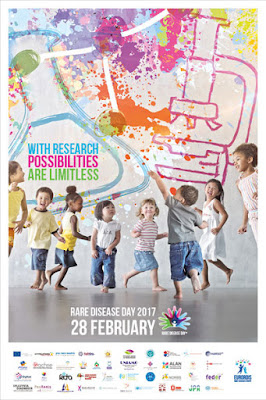(BTW, want to see more reasons #OpenAccess is important to people? Of course you do.. check out the other entries at https://www.authorea.com/inst/14826).
My son Zach, now 16, is an n=1. Something I never thought could happen until he was four and a half and we sat at the medical genetics office and received his undiagnosis. The symptoms he had, the differences that marked him from his peers, the health concerns my husband & I were tracking, they all added up. Yes, he had a genetic disorder. No, it didn’t look like it fit into anything already characterized.
These words left us with no prognosis and no plan to move forward with his healthcare. His grab-bag menu of symptoms and health-care concerns that would wax and wane and turn into a variety of surprising crises would follow him for the next 12 years. All of them without the ability to make a plan. This is the reality of undiagnosis and rare disease – little prognosis, and reeling from one specialist to the next, only reacting (hopefully in time) as problems arise.
It’s not good enough. We grew a team around us, clinicians who do research and who were willing to partner with us, fellow patients who had similar concerns, people wise in the way of gathering information. We grew privileged in our connections. As much as I could, I delved into the world of research to find any clues that could inform the practice of Zach’s healthcare providers to try new and innovative therapies. Did I understand everything I read? No. Did I get better at it? Yes. Mostly, it sparked conversation with his providers. It provided new avenues of thought. It was a springboard.
This is how things stand now. My life is a beach, a rocky beach.
 | |||
| My life is a rocky beach |
But at every turn, I run into walls. The Paywalls, to be
exact. Those effing paywalls. For us paywalls aren’t just frustrating, they can
be a block to a better therapy. A block to whether or not Zach can get out of
the house, whether or not he experiences less pain, whether or not he receives
better care. They are a personal affront to me. They are a time-waster as I
work to find a way to get through them.
Now I recognize that I am enormously privileged because I
have gathered an amazing community around me that I can quietly ask to grant me
access. And they always generously help me. But I hate to go begging.
And I recognize that one in 12 people will have a rare disease in their
lifetime – a huge number of people. Most people won’t have easy access to
friends with the ability to send them paywalled articles. Why should I have
access while others don’t? Why should I access better treatment through current
research while others in the rare disease community are shut out? Open Access
helps to even the playing field and gives all of us more ability to partner
with our health care providers for better care in the search for better
treatments.
 |
| A worried mother does better research than the FBI |






